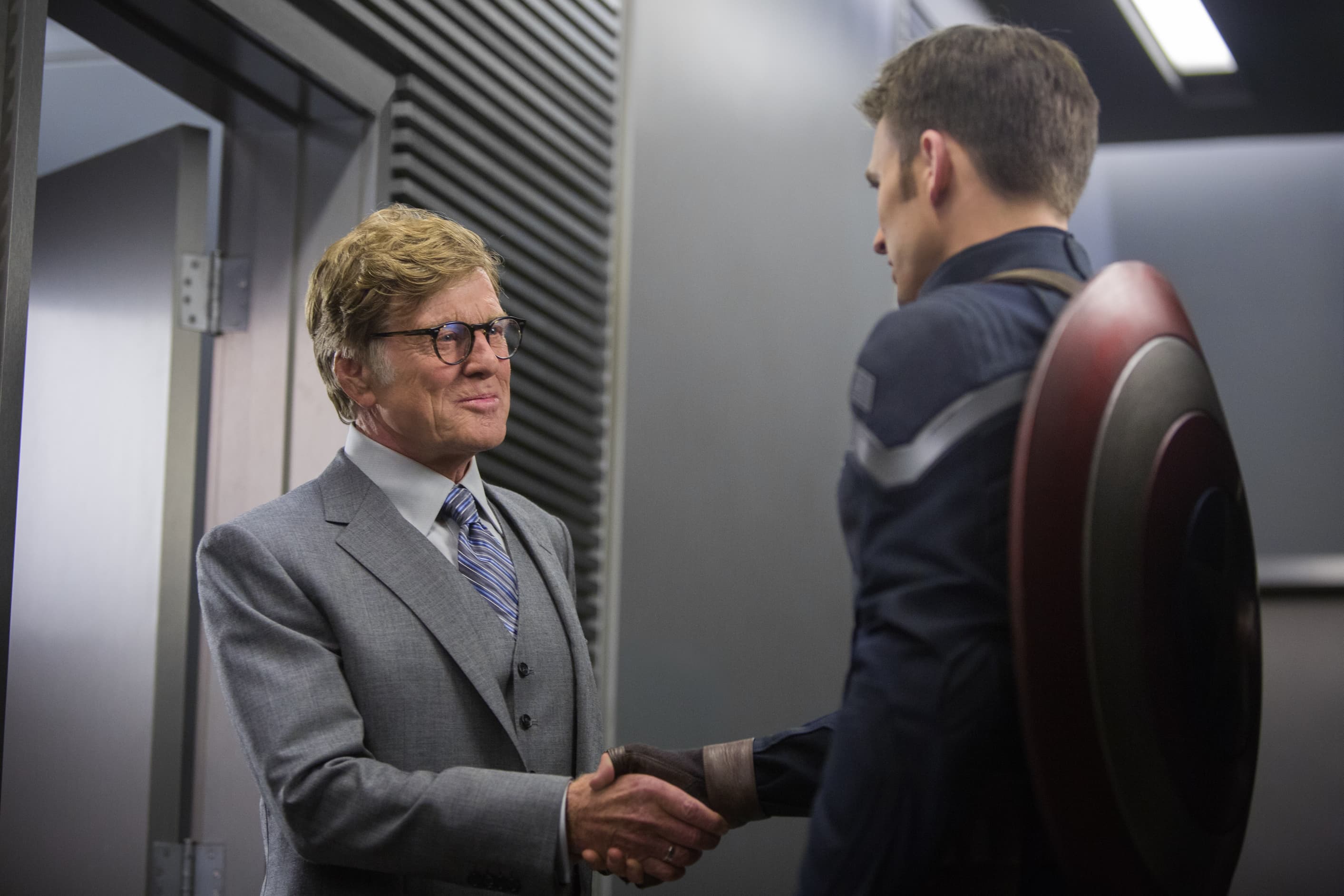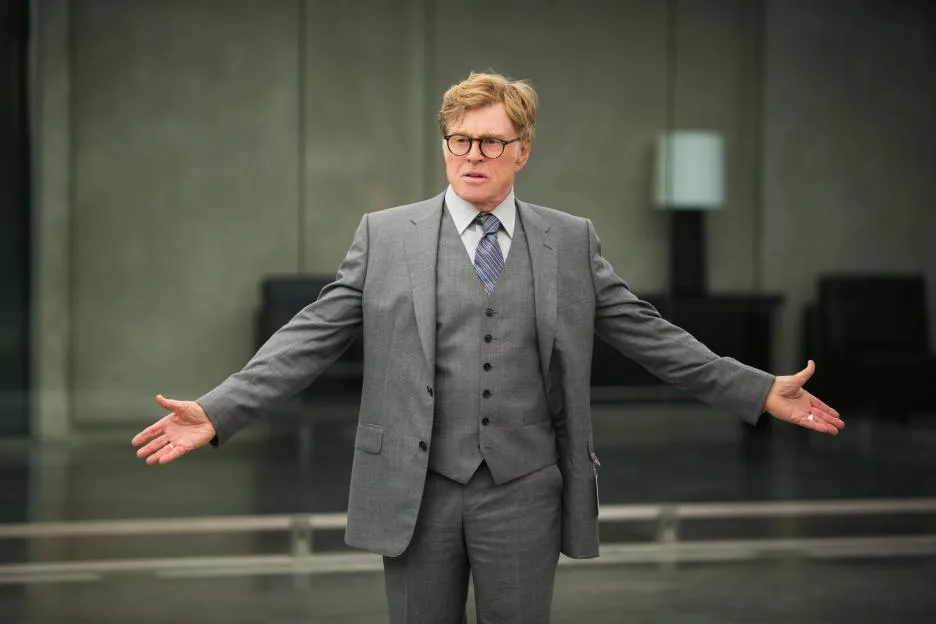Robert Redford dies at 89 — Hollywood’s golden hero leaves quietly, with stories untold
The curtain falls as Hollywood mourns Robert Redford, the golden hero who gave cinema its soul and left behind a legacy of artistry, activism, and timeless stories.

Robert Redford, one of Hollywood’s most enduring legends, has passed away at the age of 89, leaving behind a career that not only defined cinematic artistry for generations but also inspired audiences across the world to see film as more than entertainment — as a lens to truth, love, and the human struggle. From his unforgettable roles in Butch Cassidy and the Sundance Kid (1969), The Sting (1973), All the President’s Men (1976), The Way We Were (1973), and Out of Africa (1985), to his visionary work as a director in Ordinary People (1980) and A River Runs Through It (1992), Redford was more than an actor; he was a storyteller whose artistry merged with activism, a man who could steal the screen with his golden smile yet leave the audience reflecting on deeper truths long after the credits rolled.
The news of his passing stunned both Hollywood and the millions who had grown up watching him. Redford had always seemed larger than life — a sun-kissed embodiment of American cinema’s golden age, yet one who consistently pushed against the boundaries of stardom to forge something more meaningful. At 89, the idea that such a towering presence could vanish left an ache of disbelief, a silence in the film world that no new talent can immediately fill.
His death, family sources say, came quietly, without spectacle — fitting for a man who, despite decades under the brightest spotlight, often sought privacy, nature, and authenticity over the glitz of fame. In a chapel draped in white roses, with candles flickering gently, the farewell was intimate, attended only by family, closest friends, and colleagues who had shared pieces of his journey. No speeches, no cameras — only memories that carried his essence. Yet the silence that filled the room spoke volumes: Robert Redford’s departure was not just the end of a life, but the closing of a cinematic chapter that helped define the very identity of Hollywood.
To speak of Robert Redford is to speak of both a man and a myth. On-screen, he was the charming outlaw Sundance Kid, the witty con artist Johnny Hooker, the relentless journalist Bob Woodward, the passionate lover Hubbell Gardiner, and the quiet yet magnetic hunter Denys Finch Hatton. Off-screen, he was a father, grandfather, environmentalist, activist, and visionary who founded the Sundance Institute, nurturing independent voices in cinema long before “indie film” was a cultural staple. His work elevated countless filmmakers who might otherwise have remained unheard, changing the trajectory of modern cinema.
In the late 1960s and 1970s, Redford redefined masculinity on screen. Where others projected toughness through stoicism or bravado, Redford blended vulnerability with strength. He was capable of being the heartthrob that millions adored, yet he imbued his characters with complexity, subtlety, and depth that made them linger in the cultural memory. His partnership with Paul Newman in Butch Cassidy and the Sundance Kid and The Sting remains one of the most beloved duos in film history, a chemistry that captured humor, charm, and brotherhood in equal measure. Those films were not just box office hits; they were moments in cinema that helped cement Redford as the epitome of Hollywood’s golden hero — rugged yet refined, beautiful yet serious, an icon who seemed as eternal as the mountains he loved.
But Redford never allowed himself to be boxed into stardom. By the 1980s, he had already begun his transition into directing, proving that his artistry extended beyond acting. His directorial debut, Ordinary People, stunned Hollywood by winning four Academy Awards, including Best Picture and Best Director. It was a quiet, intimate film about grief, family, and the fractures that lie beneath suburban perfection — a subject far from the glamorous characters he once played, yet one that revealed Redford’s deeper instincts as a storyteller. He continued this path with A River Runs Through It, a poetic ode to family, nature, and time’s unstoppable passage, a film that remains one of the most lyrical in American cinema. In those works, audiences discovered not just the star, but the craftsman, the artist, the man who cared more about truth than applause.

Even in his later years, Redford remained active both on-screen and behind the scenes. His performance in All Is Lost (2013), a nearly wordless survival drama, reminded audiences of his raw power as an actor, relying on presence, silence, and grit rather than dialogue. His final film role in The Old Man & the Gun (2018) was a fitting swan song — a charming, bittersweet performance of an aging outlaw still clinging to vitality, mirroring his own career of breaking rules and doing so with unmatched grace.
Redford’s passing does not only leave behind a collection of films, but also an enduring legacy that stretched beyond Hollywood. As the founder of the Sundance Institute and Film Festival, he created a platform for new filmmakers, fostering talents such as Quentin Tarantino, Steven Soderbergh, and Damien Chazelle. He believed in stories from the margins, in giving voice to the overlooked, in creating space for risk and authenticity in a world often dominated by commercialism. This contribution alone reshaped film culture, ensuring that independent cinema would thrive for generations to come.
Still, for all his professional accolades, Redford’s family remembers him most as a grandfather, a storyteller at the dinner table, a man who cherished moments far from the public gaze. Conor Redford, his grandson, spoke in a heartfelt tribute of a man who “was Grandpa first and legend second.” Rare family photographs that surfaced after his passing show not the Hollywood icon but the warm patriarch, holding babies, laughing in gardens, teaching his grandchildren about the natural world, telling bedtime stories that had nothing to do with fame. For them, his star shone brightest not on screen, but in the quiet glow of family love.
At his funeral, one image captured hearts across the world: a young brown-and-white dog with striking blue eyes sitting silently by Redford’s casket, as if guarding him. That dog, fiercely loyal, had been a constant companion in his final years, and in a deeply emotional moment, Barbra Streisand, his lifelong friend and co-star in The Way We Were, adopted the pup, vowing to keep it surrounded by the same love and care Redford had given. It was a gesture that encapsulated the theme of his farewell: love enduring, connections unbroken, humanity above all else.
The grief that followed his death was not limited to family and friends. Across social media, across nations, tributes poured in. Filmmakers, actors, and ordinary fans recalled how his work had shaped them. Environmental activists highlighted his tireless dedication to preserving the natural world, from his Utah home to the global stage. Politicians remembered his courage in speaking truth to power. Younger generations, perhaps discovering him through streaming or film school, wrote of how timeless his performances felt, how they connected across eras, proving that art, when genuine, never ages.
Robert Redford’s death at 89 leaves behind a paradoxical emptiness. He was a man who seemed eternal, who embodied timelessness, whose face and voice carried the permanence of myth. And yet, like all legends, he too has been taken by time. His departure reminds us of the fragility that even the greatest cannot escape. But what endures are the stories — the films, the characters, the festival, the family, the images of a man both extraordinary and deeply human.
For Hollywood, his loss marks the end of an era — the golden hero has left, the screen darkens, the applause fades. Yet his spirit lingers in every independent film screened at Sundance, in every memory of Paul Newman’s grin beside him, in every audience that still gasps at the twist in The Sting, or feels the ache in Out of Africa, or marvels at the courage in All the President’s Men.
Robert Redford leaves quietly, yes — but his legacy does not. He was an actor, director, producer, activist, grandfather, and friend. He was Hollywood’s golden hero, but to those who truly knew him, he was simply Bob — a man who loved the land, the people around him, and the stories that gave meaning to it all.
The curtain falls, but the story remains. Robert Redford, at 89, takes his final bow, not in fanfare, but in silence — leaving us with the gift of a lifetime of stories, and the reminder that even legends are human, and it is in that humanity where their brilliance truly lies.
Bottom line: Robert Redford’s farewell was not loud nor staged — it was quiet, human, and deeply moving. A final bow from Hollywood’s golden hero, leaving us with a lifetime of stories and an unshakable legacy.



